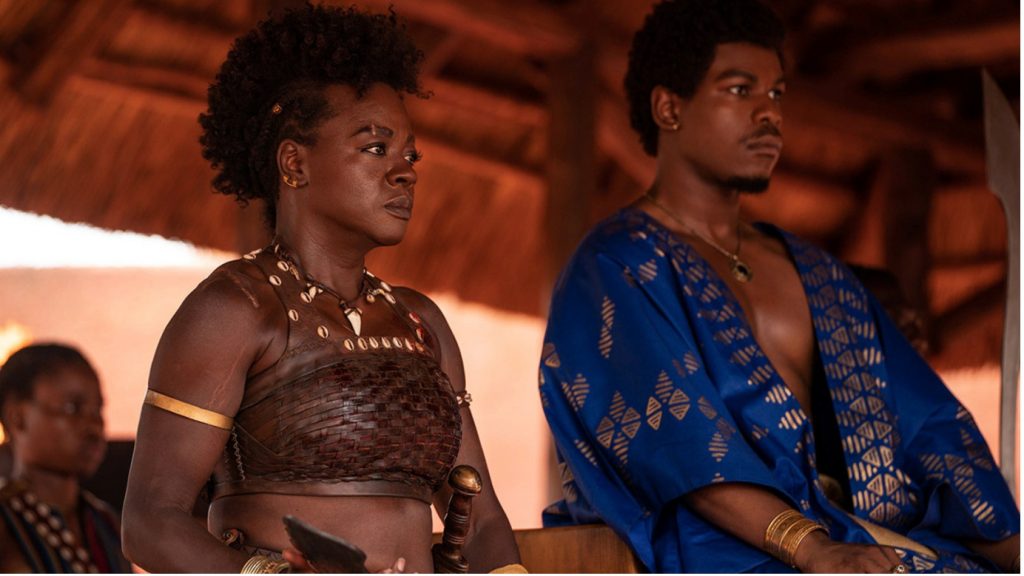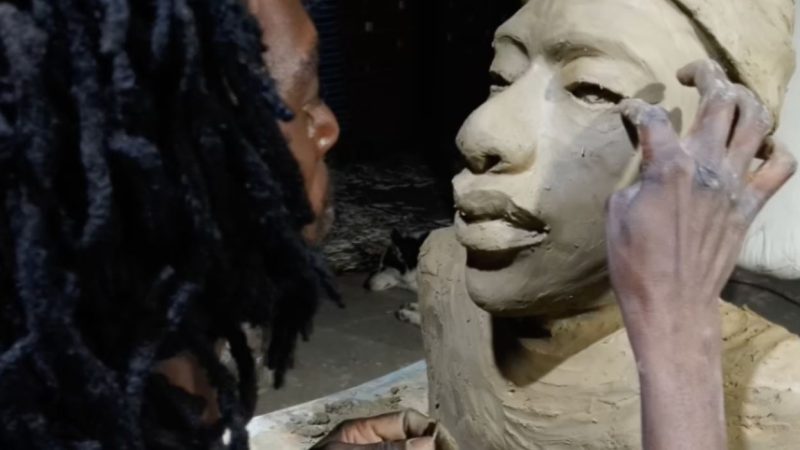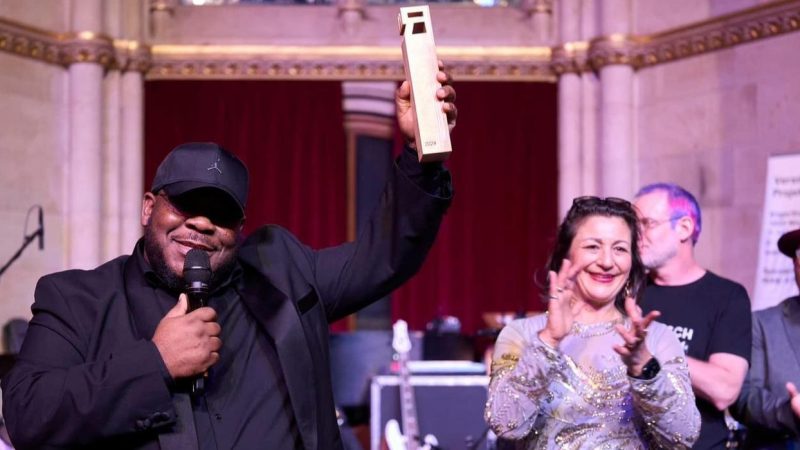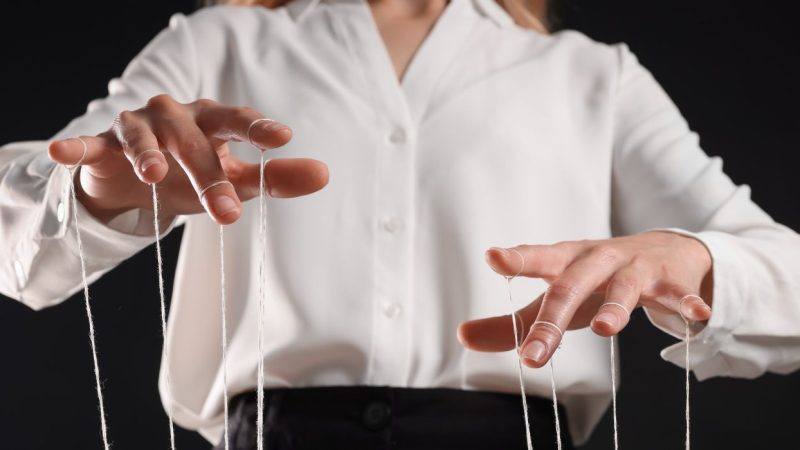‘The Woman King’ Film Review

Whenever Hollywood decides to tell African stories they often feel incomplete or it seems like it is another way of Hollywood making money off of the continent. Despite these assertions ringing true to many including myself, I must admit that I was enchanted by ‘The Woman King’ a recently released Hollywood movie about an ancient kingdom in West Africa.
‘The Woman King’ is a historical action-drama film set in the 1820s in the West African kingdom of Dahomey (now modern day Benin). At the time Dahomey is a prosperous nation lead under King Ghezo (played by John Boyega) and is guarded by an all-female army lead by their indomitable general, Nanisca (played by Viola Davis) while South African actress Thuso Mbedu played a new recruit to the army named Nawi. Issues of sexual abuse, love, honour, slavery and leadership are explored. When the movie opens we are immediately introduced to the army (the Agojie) as they stealthily emerge from a span of dry grass and attack their enemies.
In past months Viola Davis experience backlash on social media after her portrayal of Michelle Obama on the anthology TV series ‘The First Lady’. I had I sigh of relief as I watched her during the movie and can attest that Davis is still one of the finest actresses of this generation if not of all time. Davis is an acting genius though she is rather bashful when she talks about her skill, as Nanisca we experience a fierce warrior and leader with great discipline and not afraid of speak her mind. Like any other Davis performance she explores the nuances of her characters in the most thrilling ways. Nanisca has a past to hide that comes face to face with her during the course of the movie. Thuso Mbedu’s performance was also wonderful to behold during the movie’s run. Mbedu is brilliant as she plays a head strong new recruit. The other cast members that include Sheila Atim and Lashana Lynch keep the movie going with their amazing performances.
The film was shot in South Africa in Kwa-Zulu Natal and the majestic Cape Town (the beautiful mountains of Cape Town can be seen in some shots). The production design and costumes were full of life on their own. One of the most exciting things to watch in the film was the fight sequences. The film’s director Gina Prince-Bythewood does such a masterful task in marrying all of the elements of the movie into one majestic piece of art. The movie score was also well done and set the right tone throughout the whole film.
The people involved with production deserve high praise for a job well done and bringing this true story to the general populous who may have not know of the amazing women warriors from Africa. Some critics however have highlighted how the movie conveniently left out how the Agojie participated in the slave trade. Dahomey routinely traded men, women and children from neighbouring tribes to whites in exchange for money and other goods. It got to the point where the Europeans had to stop Dahomey in their work in slave trade. In the movie however, Nanisca suggests to the King Ghezo that they should consider trading gold and palm oil as opposed to trading fellow Africans.

A strange element about the film was that the Dahomians’ greatest antagonists seemed to be fellow Africans and not the European and American slave traders. Is the movie a fun to watch women driven action flick? Yes. Is the movie a searing history lesson? No. My hope however that is this film will spark conversations long overdue and inspire people to appreciate their history. This movie is also a call to people on the continent to spearhead the telling of our own narratives.





